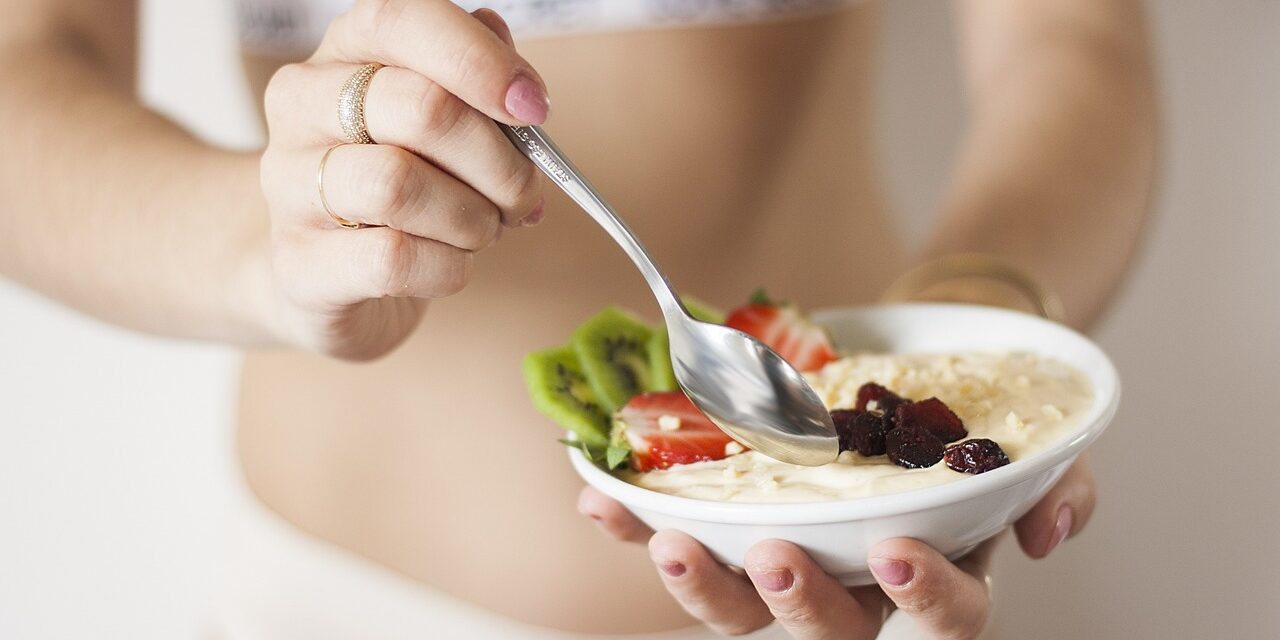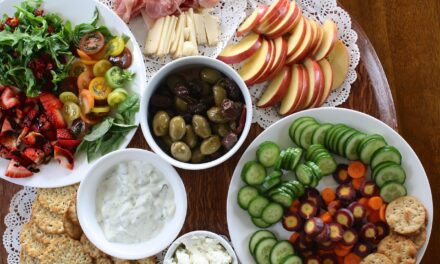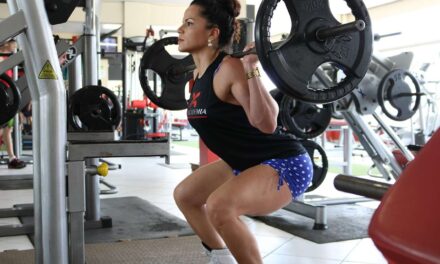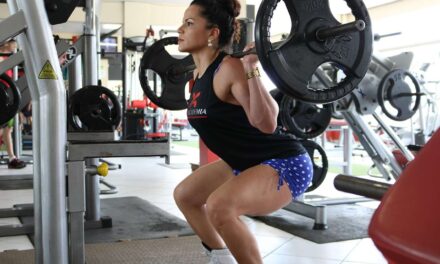As women cross the threshold of 50, their nutritional needs take a pivotal turn. This stage in life is not just about maintaining health; it’s about thriving. The quest for the “best diet plan for women over 50” is more than a mere search for weight loss strategies; it’s about discovering a diet that aligns with the unique physiological changes that women encounter during this phase. This comprehensive guide is designed to delve into the nutritional needs of women over 50, uncovering dietary strategies that bolster health, wellness, and vitality.
Why a specialized diet for women over 50? This juncture in a woman’s life is often marked by significant changes, including hormonal shifts due to menopause, a natural decline in metabolic rate, and an increased risk of certain health conditions like osteoporosis and heart disease. These changes necessitate a re-evaluation and adjustment of dietary habits to ensure that the body receives the essential nutrients it needs to function optimally.
In this guide, we will explore what constitutes an effective diet for women over 50. We will examine key components such as optimal protein intake, the importance of calcium and vitamin D, the role of fiber, and the need for healthy fats. Additionally, we will address common dietary concerns during this period, including managing weight, maintaining bone health, and reducing the risk of chronic diseases. Whether you’re looking to revamp your diet or seeking to maintain your health through nutrition, this article will provide you with the insights and practical advice you need.
Embark on this journey of nutritional discovery with us. By the end of this article, you’ll have a clearer understanding of how to tailor your diet to meet the changing needs of your body after 50, paving the way for a healthier, more vibrant life.
Creating a Nutritional Blueprint: Diet Essentials for Women Over 50
For women over 50, a diet plan that addresses specific nutritional needs can significantly impact overall health and well-being. Let’s explore the essential components of an optimal diet for this age group.
1. Adequate Protein Intake
Protein plays a crucial role in maintaining muscle mass, which naturally declines with age. Including lean protein sources like chicken, fish, beans, and legumes in daily meals helps sustain muscle strength and repair tissues. It’s recommended that women over 50 incorporate a variety of protein sources into their diets.
2. Calcium and Vitamin D for Bone Health
With the increased risk of osteoporosis post-menopause, calcium and vitamin D become vital. Dairy products, leafy greens, fortified foods, and supplements can help meet these needs. Regular check-ups with a healthcare provider can ensure adequate vitamin D levels and bone density.
3. The Role of Fiber
Fiber is essential for digestive health and can aid in weight management. Foods high in fiber, such as whole grains, fruits, vegetables, and nuts, are also packed with other vital nutrients beneficial for women over 50.
4. Healthy Fats for Heart Health
Incorporating healthy fats, especially omega-3 fatty acids, supports heart health and cognitive function. Sources like salmon, avocados, nuts, and olive oil should be a part of a balanced diet for women over 50.
5. Hydration
Staying hydrated is crucial, especially as the sense of thirst may diminish with age. Women over 50 should ensure they drink plenty of fluids throughout the day, irrespective of their thirst cues.
6. Managing Menopausal Symptoms Through Diet
Certain foods can help manage menopausal symptoms. For example, phytoestrogen-rich foods like soy products may alleviate hot flashes. Similarly, foods high in antioxidants can combat oxidative stress associated with aging.
In the next section, we’ll summarize these dietary guidelines and provide actionable steps to help women over 50 craft and maintain an effective diet plan for optimal health and vitality.
Mastering Nutrition After 50: Summary and Actionable Steps
For women over 50, mastering the art of nutrition is key to maintaining health, vitality, and quality of life. Let’s summarize the essential dietary components for this age group and provide practical steps to integrate these nutritional strategies into everyday life.
Key Dietary Components for Women Over 50
- Protein: Incorporate a variety of lean protein sources to maintain muscle mass and aid tissue repair.
- Calcium and Vitamin D: Focus on calcium-rich foods and ensure adequate vitamin D levels for bone health.
- Fiber: Include high-fiber foods for digestive health and to aid in weight management.
- Healthy Fats: Add sources of omega-3 fatty acids and other healthy fats to support heart and cognitive health.
- Hydration: Regularly consume fluids throughout the day for optimal hydration.
- Menopause Management: Utilize foods that help manage menopausal symptoms, such as phytoestrogens and antioxidants.
Actionable Steps for Implementing a Healthy Diet
- Consult with a Nutritionist or Dietitian: Seek professional guidance to create a personalized diet plan that considers your specific health needs and goals.
- Plan Balanced Meals: Design meals that include a mix of protein, carbohydrates, and fats, focusing on nutrient-dense foods.
- Monitor Calcium and Vitamin D Intake: Keep track of your calcium and vitamin D consumption and consider supplements if necessary, under medical advice.
- Increase Fiber Gradually: Gradually add fiber to your diet to prevent digestive discomfort.
- Choose Healthy Fat Sources: Replace saturated fats with healthier options like olive oil, avocados, and nuts.
- Stay Hydrated: Develop the habit of drinking water regularly, even when you’re not feeling thirsty.
- Address Menopausal Changes: Be mindful of how different foods affect your menopausal symptoms and adjust your diet accordingly.
- Regular Health Check-ups: Regularly check your overall health, bone density, and vitamin levels to adjust your diet as needed.
By embracing these nutritional strategies, women over 50 can significantly enhance their health and well-being. A well-planned diet can be the cornerstone of a vibrant and healthy lifestyle after 50, providing the energy and nutrients needed for an active, fulfilling life.






